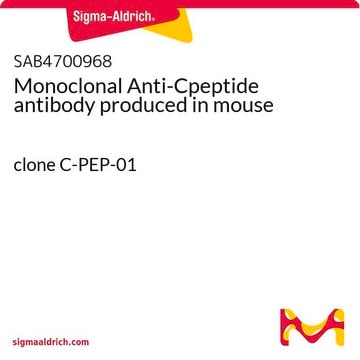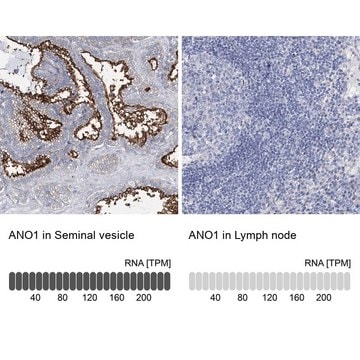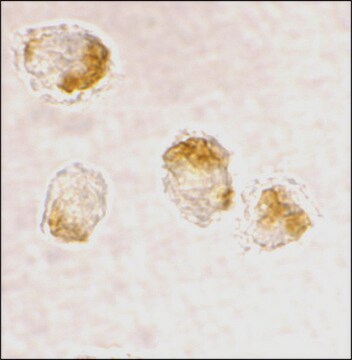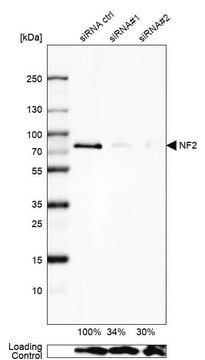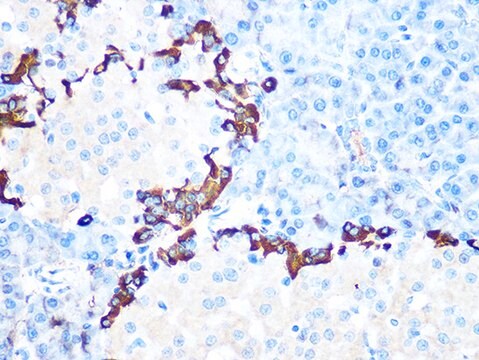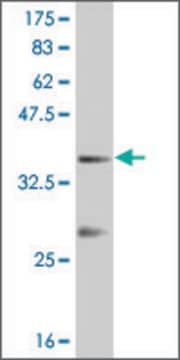05-1109
Anti-Pro-Insulin C-Peptide Antibody, clone C-PEP-01
clone C-PEP-01, from mouse
Szinonimák:
CD220 antigen, insulin receptor
About This Item
Javasolt termékek
biológiai forrás
mouse
Minőségi szint
antitest forma
purified immunoglobulin
antitest terméktípus
primary antibodies
klón
C-PEP-01, monoclonal
faj reaktivitás
human
technika/technikák
immunohistochemistry: suitable (paraffin)
izotípus
IgG1
UniProt elérési szám
kiszállítva
wet ice
célzott transzláció utáni módosítás
unmodified
Géninformáció
human ... INS(3630)
Általános leírás
Egyediség
Immunogén
Alkalmazás
Signaling
Insulin/Energy Signaling
Minőség
Immunohistochemistry Analysis: A 1:100 dilution of this antibody detected insulin in human normal pancreas tissue.
Cél megnevezése
Kapcsolódás
Fizikai forma
Tárolás és stabilitás
Analízis megjegyzés
Human normal pancreas tissue
Egyéb megjegyzések
Jogi nyilatkozat
Nem találja a megfelelő terméket?
Próbálja ki a Termékválasztó eszköz. eszközt
Tárolási osztály kódja
12 - Non Combustible Liquids
WGK
WGK 2
Lobbanási pont (F)
Not applicable
Lobbanási pont (C)
Not applicable
Analitikai tanúsítványok (COA)
Analitikai tanúsítványok (COA) keresése a termék sarzs-/tételszámának megadásával. A sarzs- és tételszámok a termék címkéjén találhatók, a „Lot” vagy „Batch” szavak után.
Már rendelkezik ezzel a termékkel?
Az Ön által nemrégiben megvásárolt termékekre vonatkozó dokumentumokat a Dokumentumtárban találja.
Tudóscsoportunk valamennyi kutatási területen rendelkezik tapasztalattal, beleértve az élettudományt, az anyagtudományt, a kémiai szintézist, a kromatográfiát, az analitikát és még sok más területet.
Lépjen kapcsolatba a szaktanácsadással